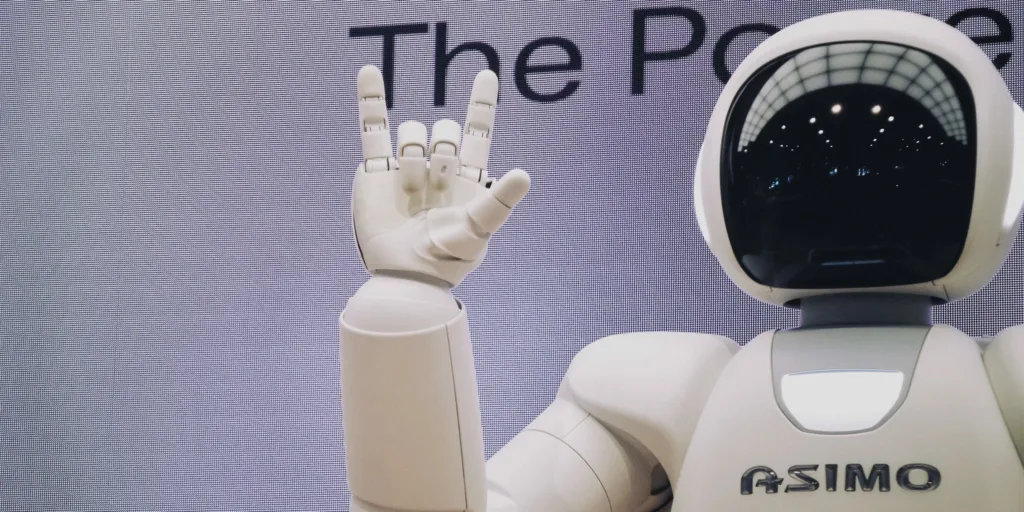Benefits, Examples, and Future Trends

Artificial Intelligence (AI) is transforming the marketing landscape, offering companies new ways to streamline operations, personalize marketing efforts, and enhance customer experiences. From chatbots and predictive analytics to image recognition and voice assistants, AI is revolutionizing how companies engage with customers and drive business growth. In this article, we will explore the importance of AI in marketing, its benefits, examples, and future trends.
Benefits of AI in Marketing Personalization:
AI can help companies personalize their marketing efforts. For example, it can analyze customer data to understand their preferences and behavior. This allows companies to tailor their marketing messages, offers, and experiences to meet customers’ needs, increasing customer loyalty and revenue.
AI can automate repetitive and time-consuming tasks like data entry, lead generation, and social media management. This frees up marketers’ time to focus on strategic initiatives, which can result in increased revenue and brand reputation.
AI can analyze customer data to identify patterns and predict future behavior. Additionally, it allows companies to make data-driven decisions and anticipate customer needs. By leveraging predictive analytics, companies can optimize their marketing efforts, reduce churn, and increase revenue.
Examples of AI in Marketing Chatbots:
Chatbots are AI-powered conversational agents that can provide customer support, answer questions, and offer personalized recommendations. These agents can help companies improve customer satisfaction, reduce response times, and increase customer engagement. For example, chatbots can answer frequently asked questions, provide support for products and services, and even book appointments.
Image recognition is another AI-powered technology that can identify and analyze images and videos on social media. This technology can help companies understand customer sentiment better, identify influencers, and monitor brand reputation. For instance, image recognition can track the number of likes and shares a product or service receives on social media. It can also identify who is talking about a company or brand on social media.
Voice assistants, such as Amazon’s Alexa and Google Assistant, are AI-powered devices that can help companies reach customers in new ways, such as through voice searches and personalized recommendations. These devices can also help companies enhance customer experiences, increase engagement, and drive revenue. For example, voice assistants can control smart home devices, play music, and set alarms. They can also be used to make purchases, book appointments, and get directions. Overall, these technologies can potentially revolutionize how we interact with the world around us. They can make our lives easier, more efficient, and more enjoyable.
Future Trends in AI and Marketing Hyper-Personalization:
As AI technology advances, companies can offer hyper-personalized experiences tailored to individual customers’ preferences and behavior. This will allow companies to enhance customer loyalty, increase revenue, and gain a competitive advantage.
Augmented Reality: AI-powered augmented reality (AR) can help companies offer immersive and interactive experiences that enhance customer engagement and drive revenue. For example, AR can allow customers to try on clothes virtually, see how furniture will look in their homes, or preview products in 3D.
Blockchain: AI-powered blockchain technology can help companies enhance security, transparency, and accountability in their marketing efforts. Blockchain can help prevent fraud, protect customer data, and increase trust between companies and their customers.
Conclusion: AI is transforming the marketing landscape, offering companies new ways to streamline operations, personalize their marketing efforts, and enhance customer experiences. By leveraging AI, companies can optimize their marketing efforts, reduce costs, and increase revenue. As AI technology advances, companies embracing AI will gain a competitive advantage, while those that don’t risk falling behind.